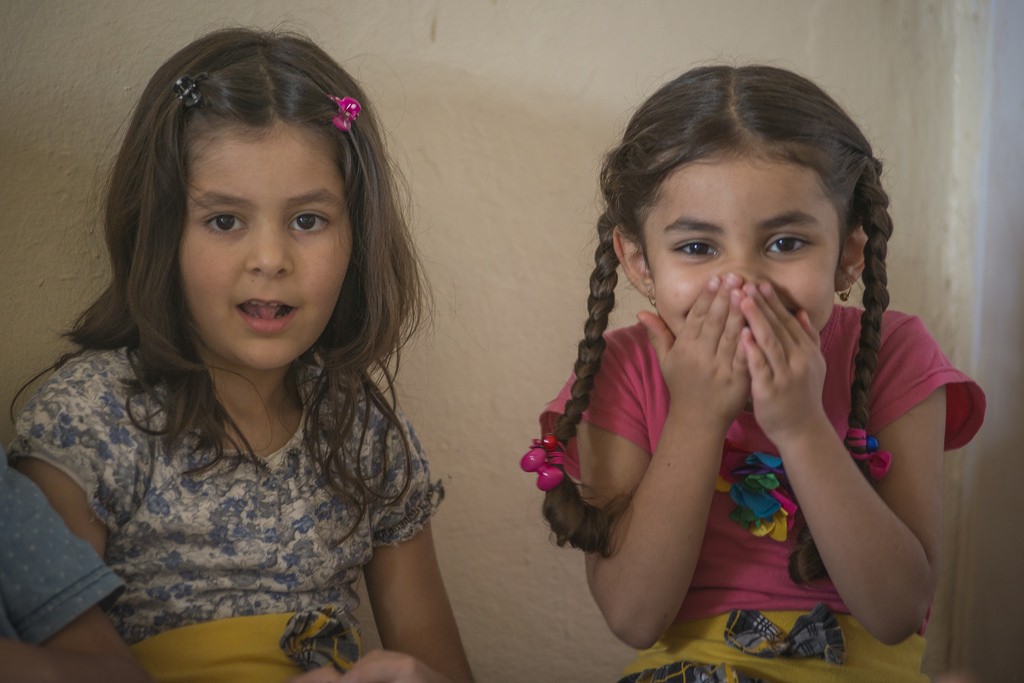A first attempt in gleaning some of the insights shared during the talks during the afternoon of the conference on Children and Youth in an Interconnected World, presenting a broad range of distinguished speakers, all talking about the role of children and youth in this fast-changing world.
Follow the latest news on the conference through #LOTLUMD at Twitter!
The Private World of Women and Children: Lullabies and Nursery Rhymes in 19th Century Greater Syria – Professor Fruma Zachs
Professor F. Zachs from the University of Haifa, Israel, talks about the research on the private world of women through preserved narratives of nursery rhymes. In the last twenty years children have finally begun to be researched as a topic of themselves, not just from the perspective of adult worlds and family. Nursery rhymes as oral folklore emphasizes certain themes, like suffering and the child’s world, but in the Arabic world this is not yet studied extensively. In her work, Professor Zachs analyses these nursery rhymes to show new insight into the emotional and interconnected world of children and their families.
Nursery rhymes are emotional connective mechanisms between mother and child, which are historical and contextual, and provide a special conveyed insight into emotional lives. It is also a way for mothers to preserve their experiences of motherhood and child rearing. She highlights how the importance of education of girls became an important theme during the 19th century, although men were still the main voice in the public sphere. But through folklore such as nursery rhymes, the voice of women can be traced, both in greater Syria and worldwide. These rhymes are teaching values, voicing suffering and educating the women’s world. They show the moral investment in children’s education, reflect local culture and are part of the child’s socialization process. But why were most lullabies mostly for boys? And why do some lullabies focus only on the emotional life of the mother?
Lullabies are a very rich oral source that can be lost, but can provide so much insight into historical changes and transformations, and also in the manner as to how these changes came about in the private worlds of women and children. Nursery rhymes help preserve the work of female educators in their homes, it are artifacts from lost cultures. And much of this material is still waiting for us to be explored.
Read more about the conference here, organised by the Bahá’í Chair for World Peace taking place at the University of Maryland, 28-29 September 2016.

Photo Credit: EU Humanitarian Aid and Civil Protection via Compfight cc.
About the author
Nicole des Bouvrie is a continental philosopher and a visiting scholar during autumn 2016 at the Bahá’í Chair for World Peace. She works as a freelance philosopher all around the world, applying structures of thought to practical problems. She is interested in radical change and feminine thinking.
is a continental philosopher and a visiting scholar during autumn 2016 at the Bahá’í Chair for World Peace. She works as a freelance philosopher all around the world, applying structures of thought to practical problems. She is interested in radical change and feminine thinking.
For more information about Nicole: personal website, Twitter.
